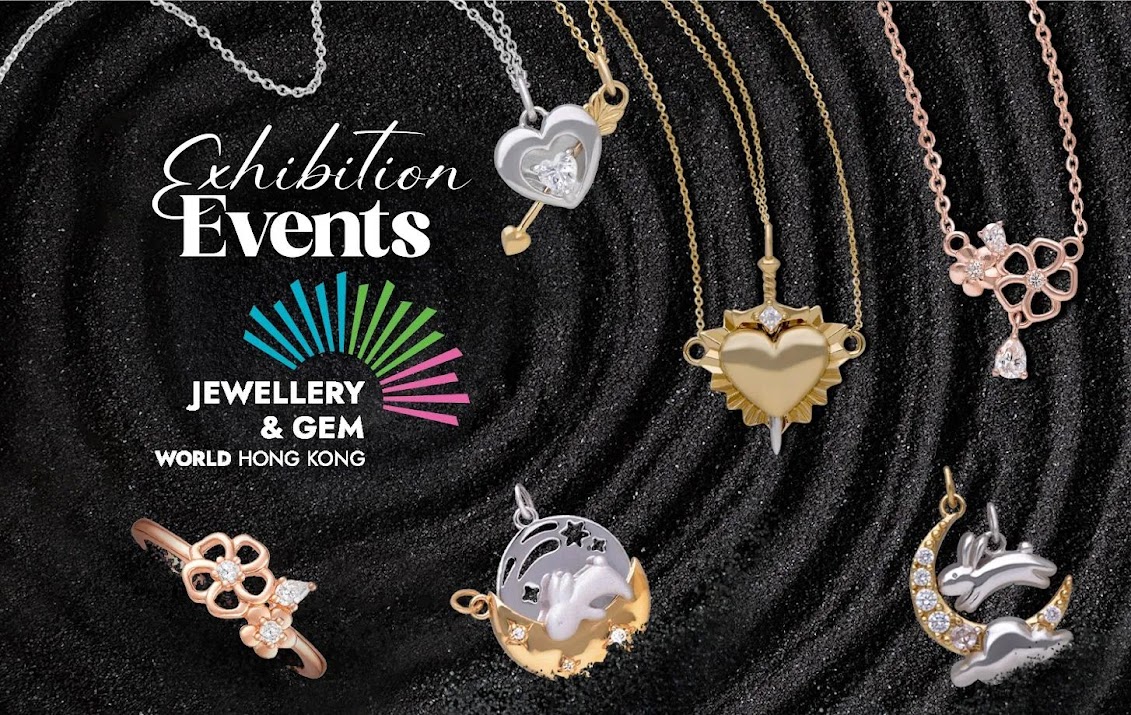Jewelry is made from Precious Metals and many other materials from a Factory and passes through many hands and many forms of production. Some of these precious metals include Gold (and its many forms; 18k, 24k, White Gold, etc.), Silver, Brass, or Platinum.
Other materials may include plastic, enamel, precious or semi-precious stones, chrome, or other materials usually used with the chosen precious metal to add value or design to the jewelry piece produced. Many different technologies are used to create jewelry pieces and many factories around the world produce in different ways at different levels with different technologies and utilize different standards. Here are the Quality Standards in the World for the Jewelry Industry.
In this article, we are talking about Quality Standards in the World for the Jewelry Industry. As a business, the bottom line is usually always the main focus. However, Jewelry is worn on a person… a human being. And the production techniques or the way a factory makes a product sometimes does not put safety, quality, or standardization as its main focus because it may be too costly or they want to just quickly sell a product and therefore may not be looking or concerned about the safety of the customer wearing their product or the safety of a child wearing their product or the environment for instance and more.
At Royi Sal, we focus on Quality Standards. What does this mean? Quality Standards are Standardizations, Certifications, or Regulations used around the world Such as REACH (Registration, Evaluation, Authorisation, and Restriction of Chemicals), CPSIA (Consumer Product Safety Improvement Act), CPC (Children’s Product Certificate), and others. The following explains for you some of the main Standardizations, Certifications, or Regulations widely and regularly used around the world by quality jewelry manufacturing companies like Royi Sal Jewelry.
REACH: Registration, Evaluation, Authorisation, and Restriction of Chemicals
REACH is an EU (European) based Jewelry Regulation related to Chemicals used in the production of Jewelry Manufacturing. It places responsibility on the industry to manage the risks from chemicals and to provide safety information on the substances. REACH aims to improve the protection of human health and the environment by better identifying chemical substances and their properties. REACH also aims to enhance the innovation and competitiveness of the EU chemicals industry.
“No Data No Market”: the REACH Regulation places responsibility on the industry to manage the risks from chemicals and to provide safety information on the substances.


CPSIA: Consumer Product Safety Improvement Act
The US Consumer Product Safety Improvement Act of CPSIA is a United States Government Law (an Act) introduced to the manufacturing industry in the United States in 2008 as a set of regulatory changes for manufacturers, importers, private labelers, and distributors of consumer goods. It restricts the levels of hazardous materials in products imported or made in the United States of America. It imposes testing requirements and new acceptable levels of several substances common in most consumer products, especially those designed for children ages 0-12.
Primarily, CPSIA regulations enforce:
- Rigorous restrictions on the phthalates (chemicals used to soften plastic) in children’s toys.
- Rigorous lead restrictions for children’s products (90 ppm in paint and other surface coatings, 100 ppm in substrates).
- Compulsory third-party testing by accredited laboratories specifically for lead (in paint and metallic jewelry), and generally on cribs, pacifiers, small parts, bicycles, bicycle helmets, rattles, bunk beds, and more.


CPC: Children’s Product Certificate
A Children’s Product Certificate (CPC) is a document issued by the importer or United States Manufacturer, certifying that the product is compliant with CPSIA requirements. The CPC is provided upon request to the US customs, retailers, the CPSC, state authorities, or e-commerce marketplaces such as Amazon.com.
Issuing a Children’s Product Certificate (CPC) is mandatory when importing or manufacturing toys and other children’s products in the United States. Doing so requires that you know how to correctly input information about the product, your company, and the CPSC accepted lab testing company that has tested your products.
The CPC is mandatory when importing and selling all children’s products. Some examples of what can happen without a CPC include:
- Products seized by US customs.
- Freight forwarders may refuse to ship your products
- The CPSC may issue a forced recall
- Amazon may refuse to list your product
Globally within the Industry, Regulations are implemented to protect and keep safe consumers and customers looking to buy or use a product. Where Jewelry is no different. Royi Sal Jewelry Implements Safety Standards and Regulations or Certifications that are Industry Standard as well as safe and secure within all manufacturing practices. Also, discarding waste materials from manufacturing using Acid or other chemicals saves the environment.
All customers or visitors of Royi Sal Jewelry are welcome to ask about our Certifications and Regula tions or Practices to better understand how we work and produce. Quality Standards in the World for the Jewelry Industry.
P.S. Royi Sal Jewelry, as a decades-long leader in silver jewelry design and manufacturing, invites you to download our latest magazine here and profit from the exceptional jewelry designs at affordable prices you will find in the magazine. Click here to download it now.
Share this post











Responses (0)